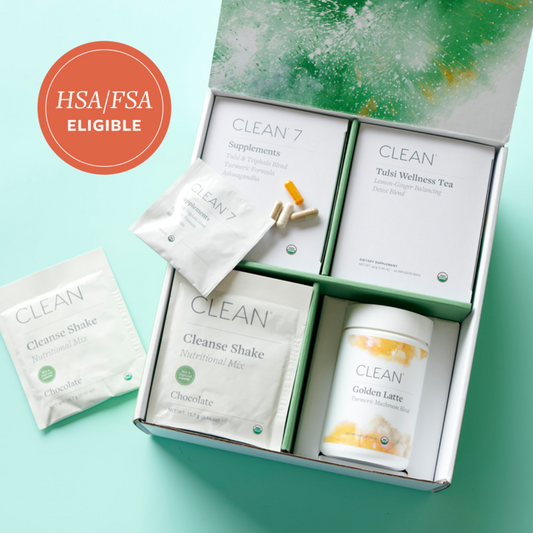
Are You Feeling The Effects Of Toxic Positivity?

Let’s be real: 2020 has been a year of uncertainty, unexpected events, and ups and downs. While we are big believers in creating your own reality and consistently practicing habits that help you feel good, the reality for many of us right now is painful. It’s also something that most of us have never faced before, leaving us with immense uncertainty and overwhelm.
Circumstances affect our mental health
Many of us are isolated due to stay-at-home orders. Companies have laid off or furloughed millions of employees. Many are watching or homeschooling children while trying to balance careers. Essential workers and medical care providers are under stress for months trying to handle these new conditions. Many have lost loved ones unexpectedly and too soon.
However, with all of this happening, some are still pushing the overly-positive viewpoint, invalidating the real hardships that many people are facing during this time. Social media has been flooded with messages about how to take advantage of quarantine: Start a side hustle; learn a foreign language; make new recipes; remodel your home.
These things aren’t inherently bad, but they can be extra overwhelming during this time. This pressure to be productive may leave us feeling inadequate and ashamed when all we have space for is getting through the day. The reality is, not everyone copes with stress by getting busy. And for many, these messages can be harmful. With our connection to many people now based solely on social media, it can seem like everyone but us is carrying on as normal, and even thriving.
With something as unpredictable as the pandemic, some have chosen to slap on an overly optimistic or positive face to avoid the painful reality. This may serve us for a short period of time, but long term, it can actually make things worse. Once again, positivity isn’t bad, it’s essential! The issue comes when we force ourselves to only feel the positive.
What is Toxic Positivity
What is this excessive overgeneralization of maintaining a happy and optimistic state? This is called toxic positivity. The process of toxic positivity results in the denial, minimization, and invalidation of the authentic human emotional experience (1). With toxic positivity, negative emotions are seen as inherently bad. Instead, positivity and happiness are compulsively pushed, and authentic human emotional experiences are denied, minimized, or invalidated (2).
When positivity is used to cover up or silence the human experience, that inevitably comes with ups and downs, it becomes toxic. By disallowing the existence of certain feelings, we fall into a state of denial and repressed emotions. The human experience comes with good days, bad days, disappointments, joyous days, and more. The point is: it includes all of these, not just positivity.
Why Toxic Positivity Can Be Bad for Our Health
Shame
Shame never serves us. Most of us don’t want to be seen as negative or flawed, so sometimes we can hide our true feelings in hopes to appear “independent” and “strong” instead. Where there are hiding, secrets, and denial, there is usually shame.
Suppressed Emotions
Several studies show us that hiding or denying feelings leads to more stress on the body (3). When we are overly positive, we can begin to suppress our other feelings, but it is essential to let them out. Crying is one of the biggest ways that we release. It’s not “weak”, it actually helps keep us strong!
It’s important to acknowledge our emotions by moving them out of our bodies – feeling them and truly processing them. This is what keeps us sane, healthy, and relieves us of the tension caused by suppressing the truth. Once we honor our feelings, we can practice self-compassion and accept ourselves fully, regardless of how we are feeling at that moment.
More Internal Psychological Stress + Other Physical Issues
One study from 1997 showed that suppressing feelings can cause more internal, psychological stress. Avoidance or suppression of emotional discomfort leads to increased anxiety, depression, and overall worsening of mental health. Failure to effectively process emotions in a timely manner can lead to a myriad of psychological difficulties, including disrupted sleep, increased substance abuse, risk of an acute stress response, prolonged grief, or even PTSD (4).
How To Deal With Toxic Positivity
- Feel all of your emotions. Acknowledge how you feel, and feel all your emotions, good or bad. Sit with them. Avoiding how you feel will only prolong the discomfort. Practice self-compassion.
- Listen to how others feel, with no shame. Not everyone feels the same way about everything, and that’s ok! Don’t shame someone for their emotions. Listen deeply, and understand that you don’t have to feel that exact same way for their feelings to be valid.
- It’s OK to not be OK. You don’t win any sort of medal for being ok all of the time. Expecting to be ok all of the time is also an unrealistic expectation. If you’re overwhelmed and exhausted, give yourself permission to rest. Give yourself the love you need.
- Remember that feelings aren’t mutually exclusive. You can be both grateful for what you have, and desire more. You can be sad about losing your job during the pandemic and hopeful about finding a new job in the future. And remember that helping others always feels good.
Written by Hannah Aylward
If you enjoyed this article, you might also like 7 Healthy Living Habits to Establish Right Now
- Sources: 1. https://drjamielong.com/validation-5-things-not-to-say/ 2. https://thepsychologygroup.com/toxic-positivity/ 3. https://pdfs.semanticscholar.org/f2b1/d2302bc3d69695823dbaec3b49bf30747244.pdf 4. https://pubmed.ncbi.nlm.nih.gov/9103721/






